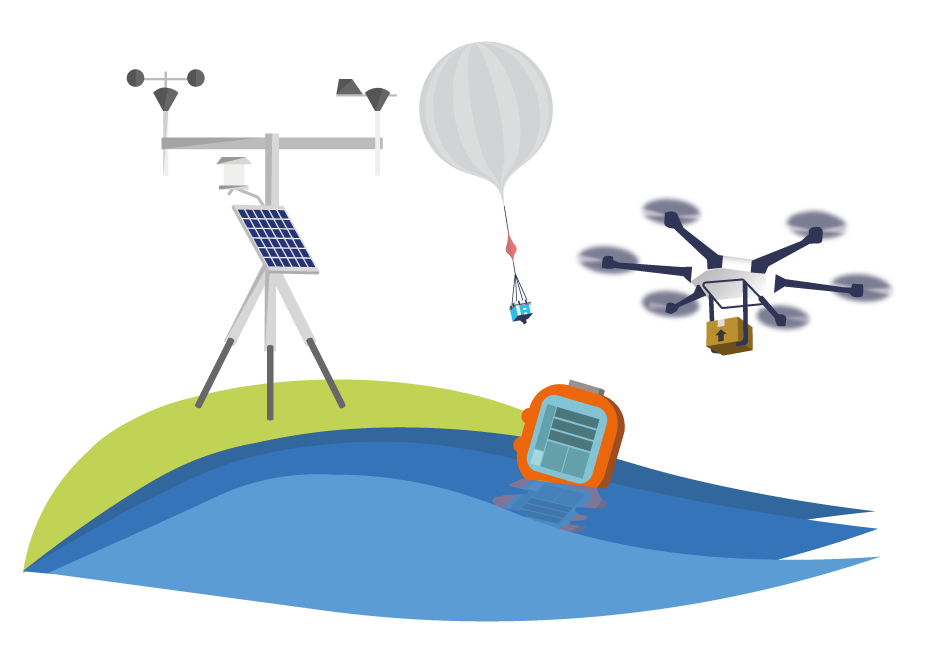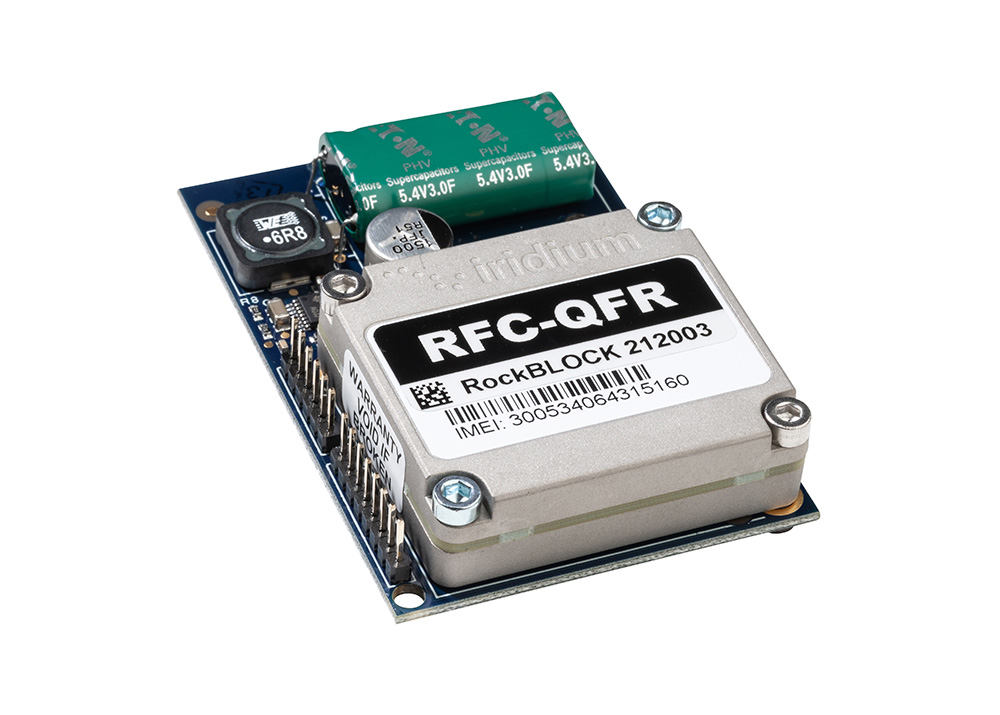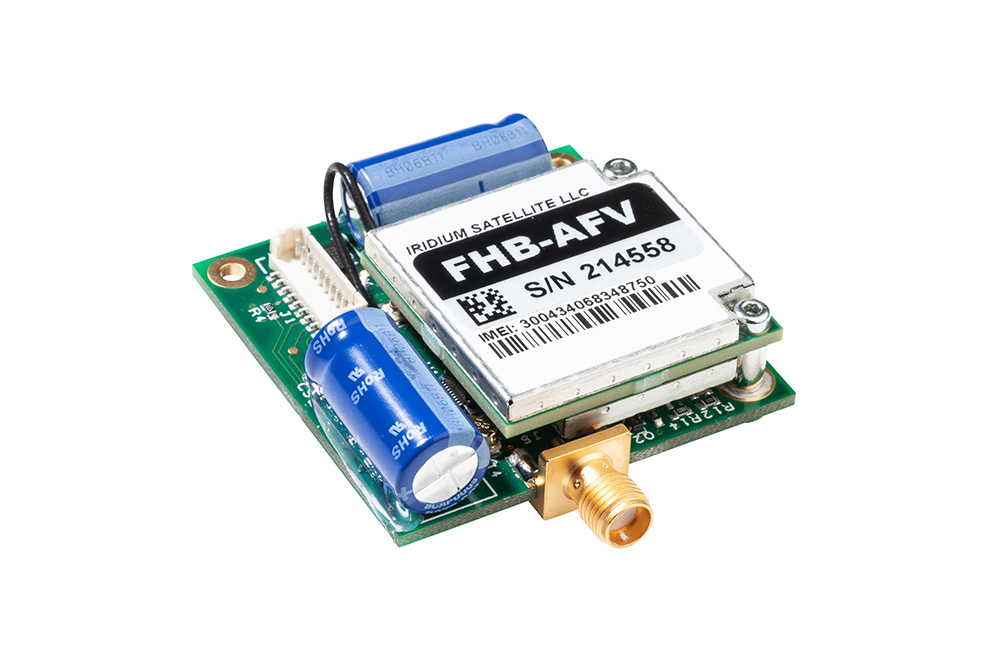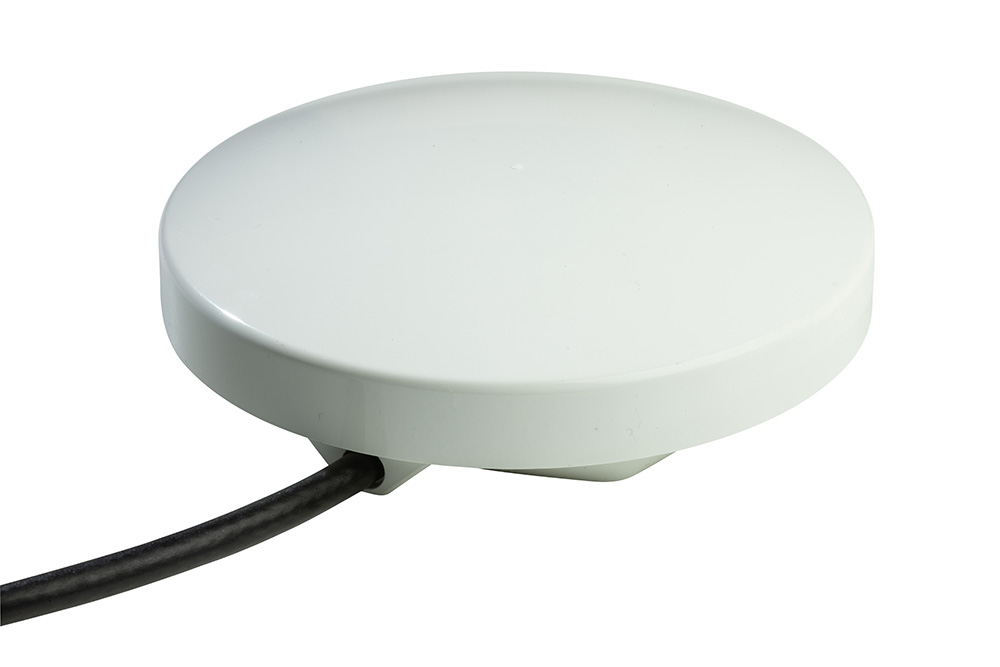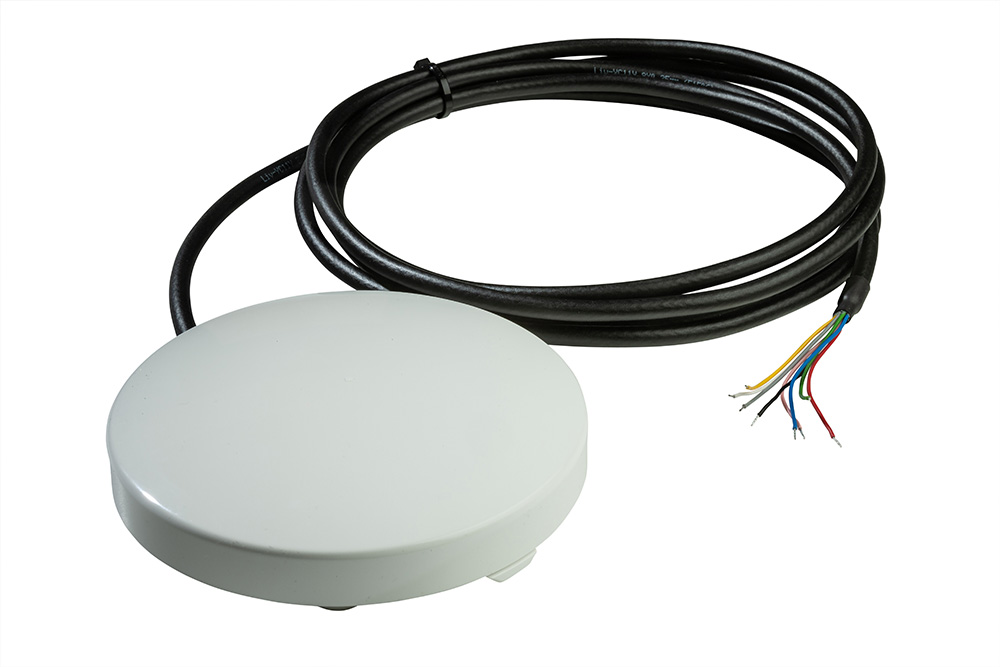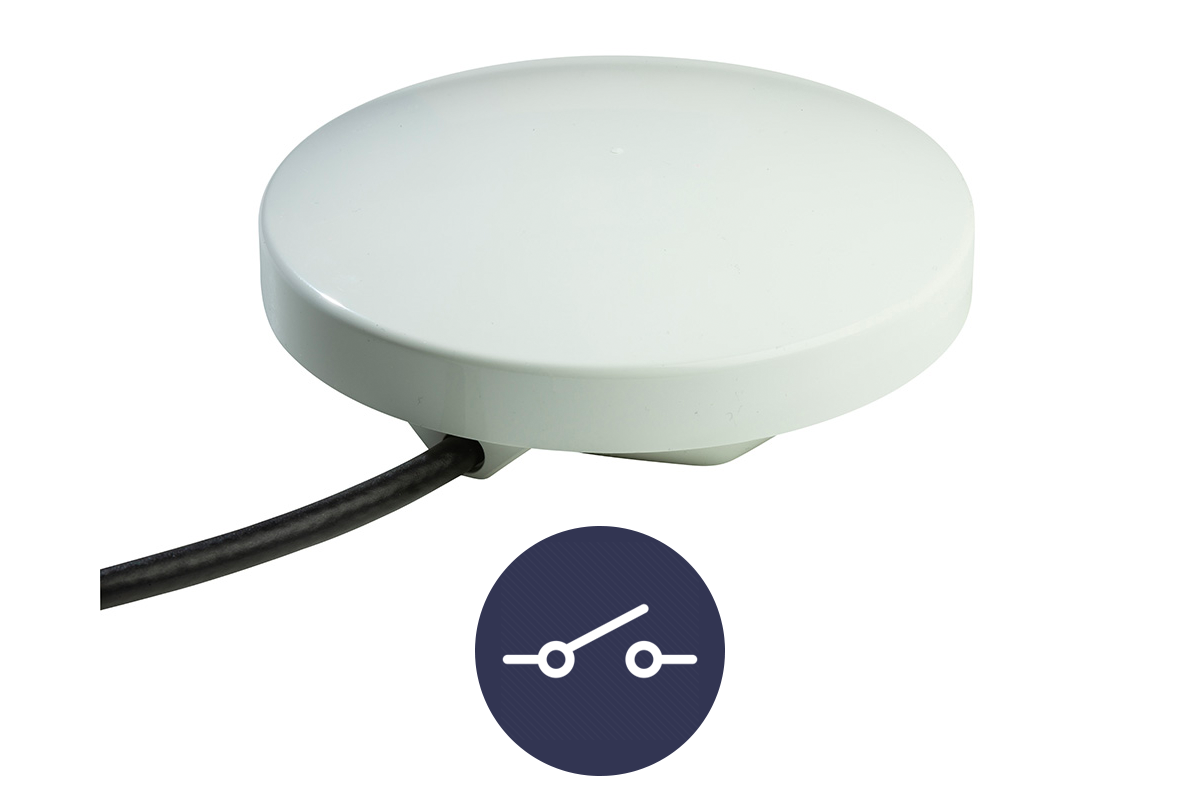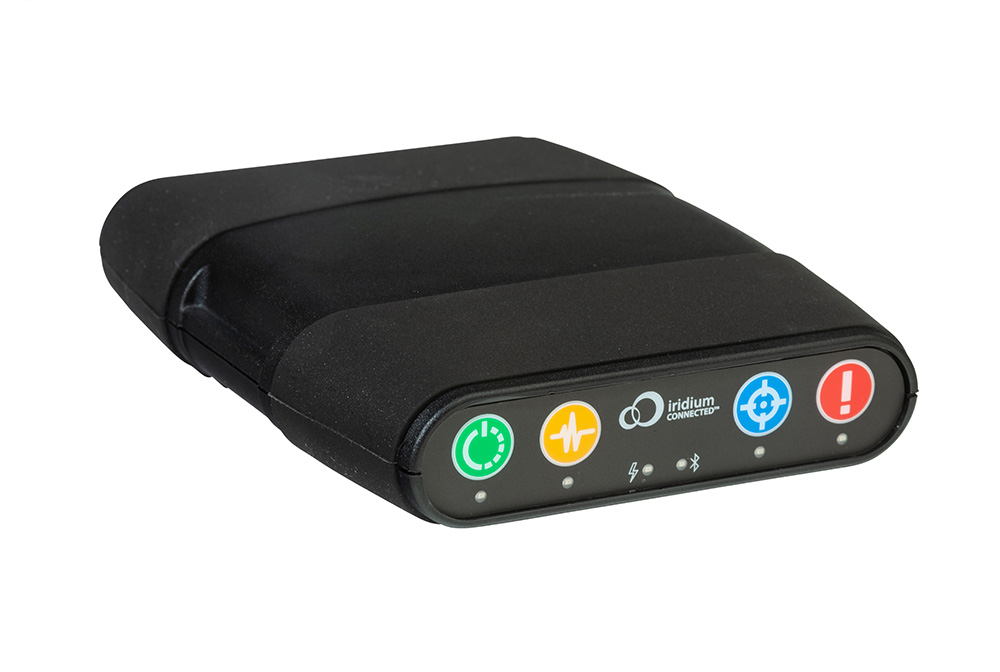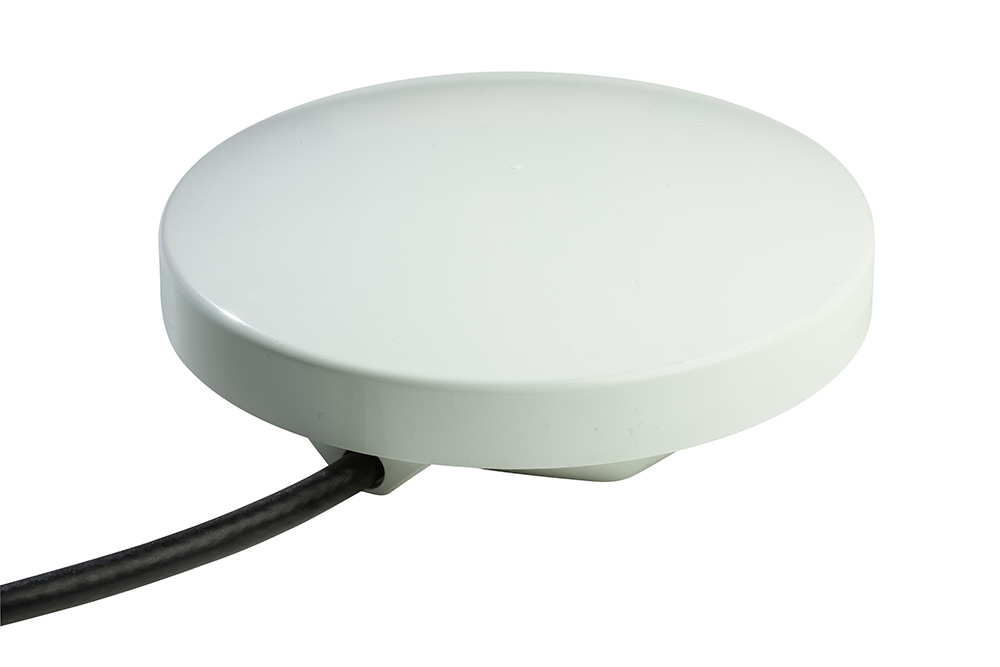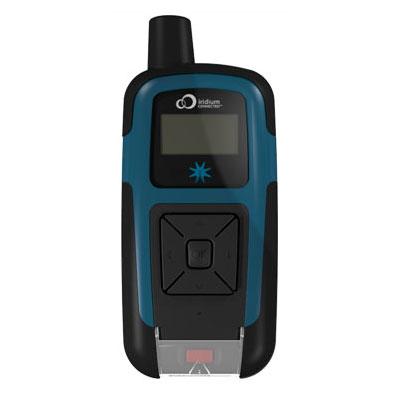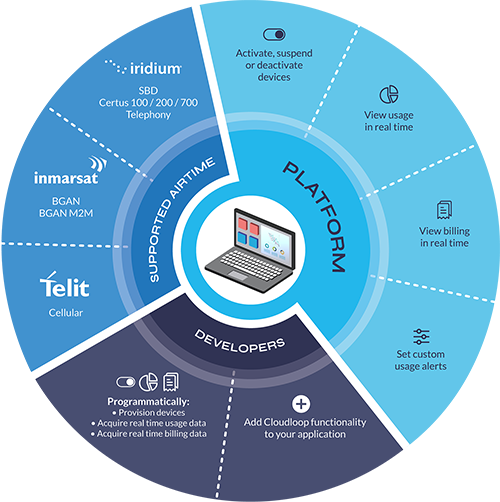For Transmission Of IoT / M2M Data
The RockBLOCK Plus is effectively the same device as the 9602 encased in a fully waterproof, ruggedized enclosure. It's being used in hostile environments all over the world, from areas at risk of wildfires to rainforests to oil rigs.
Added Edge Processing: RockBLOCK Sense and Switch
RockBLOCK Sense transmits variable measurements from your most remote sensors: temperature, pressure, light, movement, rainfall, windspeed, soil moisture and more.
RockBLOCK Switch is a remote on/off switch control for managing remote devices. Its digital signal output allows direct switching of low voltage devices, or, with a relay, mains power.
Both are low power, solar compatible, ruggedized devices with global, low latency coverage.
For Tracking and Messaging Applications
RockSTAR, our first product, has undergone dozens of upgrades over the years and remains a completely dependable handheld tracking device. RockSTAR has saved many lives and provides a lifeline of support for those in operating in inhospitable environments.
340B
data per message ↑
270B
data per message ↓
~10 s
latency (variable)
Short Burst Data Service Plans and Pricing
For more information about our SBD Service Plans, please visit our dedicated Iridium SBD Pricing page.
Satellite airtime can be expensive, but we pride ourselves on delivering great value for our customers. So, rather than having a small number of plans that will either see you rack up expensive overage fees, or pay for data you don’t use, we tailor our plans to every customer. These are example plans only; let us know what your data requirements are and we’ll make a plan that suits you.
Also, please note that our annual plans are available for any SBD device; our Pay-As-You-Go plans are exclusive to Ground Control manufactured devices.
Our pay-as-you-go plans offer great flexibility for development purposes, and are available for the RockBLOCK 9602 and RockBLOCK 9603 plug-and-play satellite transceivers, the RockSTAR personal tracking device, RockFLEET vehicle tracking device, and the RockAIR aircraft tracking device.
Pay-as-you-go plans are comprised of line rental and credits. Line rental allows the SBD device to exchange information with the Iridium satellite network. Credits (see the Running Costs tab) are used each time you transmit.
Line rental allows the SBD device to exchange information with the Iridium satellite network. Credits are used each time you transmit. One credit is used per 50 bytes (or part thereof) of message sent or received. One credit is also used if you check your mailbox and there are no messages waiting (a mailbox check).
Be sure to check out our SBD Pricing page for full details of our Pay-As-You-Go service plans.
Comparing Satellite IoT Connectivity
It’s tricky to compare airtime services because so much depends on how much data you need to send, but as a rough guide, we’ve put together the following comparison points. Get in touch if you’d like any help deciding what will work best for you.
FAQs
SBD devices use a small, low-power modem to send and receive data over the Iridium satellite network. The modem uses a technique called “burst” transmission, which allows it to send data in short, quick bursts. This helps to conserve power and improve battery life.
Yes, SBD modems can be integrated with existing IoT infrastructure. They typically support standard interfaces and protocols such as UART, SPI, I2C, or MQTT, making it easier to connect them with IoT devices, sensors, or gateways.
SBD modems are designed to be power-efficient to maximize the device’s battery life. The power consumption can vary depending on factors such as the specific modem model and usage patterns. To determine the exact power consumption of a specific SBD modem, it’s recommended to refer to the manufacturer’s specifications or technical documentation for detailed information.
In the case of the RockBLOCK 9603, the device contains a supercapacitor which acts as an energy reservoir and serves to buffer the highly pulsed nature of its internal circuits from the user connections. Typically a successful SBD transmission has an average current consumption of between 45 and 50 milliamps (averaged over a 60 second period). When set to transmit once an hour, the RockBLOCK will use roughly 4896 A-s (Amp – seconds) per month. For more information, see our RockBLOCK power consumption guide.
SBD offers message queuing capabilities, allowing messages to be stored either at the satellite (by default) or locally on the device (please note, this is at the discretion of the manufacturer so only some devices are able to offer this capability). This ensures data integrity by preventing message loss, with queued messages being transmitted once the network connection is re-established. The number of messages that can be stored locally, varies depending on the device and message sizes. Additionally, depending on the device and setup, transmissions can be processed sequentially or based on predetermined priority parameters. For our Rock tracking products (RockFLEET, RockAIR, and RockSTAR), messages are queued locally in a first-in, first-out manner. In contrast, our RockBLOCK devices leverage this capability via the satellite’s, with messages queued until requested by the RockBLOCK.
The cost of SBD airtime service varies depending on factors such as volume of data transmitted, and the frequency of communication. Ground Control are a Tier 1 Iridium Reseller and have access to some of the most competitive service rates on the market. What’s more, we’re able to tailor our pricing plans to your specific needs, ensuring the most cost-effective service for your IoT deployment. See Iridium SBD Plans & Pricing.
The Iridium satellite network offers low latency and seamless global coverage for IoT applications. With small data handling capabilities, it’s perfect for location data, sensor readings, status updates, and more. Reliable and versatile, SBD is ideal for various industries. Just some of the more common applications:
• Asset tracking
• Fleet management
• Telemetry
• Pipeline monitoring
• Disaster and emergency response
• Environmental monitoring
• Oceanographic data
• Homeland security
• Regulatory compliance
• Remote worker safety
• Network monitoring
For more detail, you can view all of our case studies leveraging SBD airtime here.
Is Iridium SBD right for your project?
Complete the form, or if you prefer to speak to someone directly, call us on +44 (0) 1452 751940 (Europe, Asia, Africa) or +1.805.783.4600 (North and South America). Whether you'd like a quote or just friendly and impartial advice, we're here to help.
